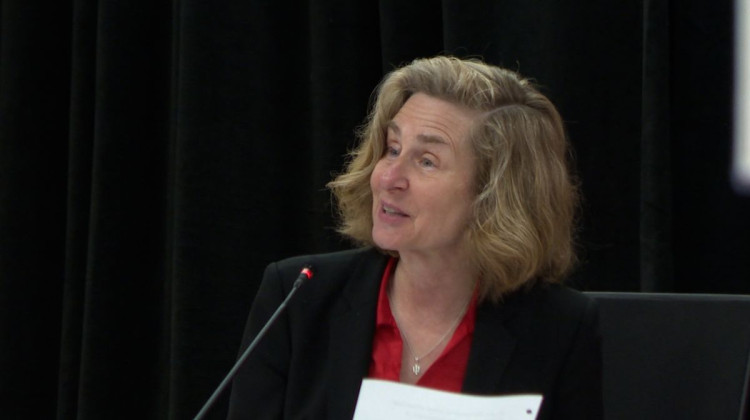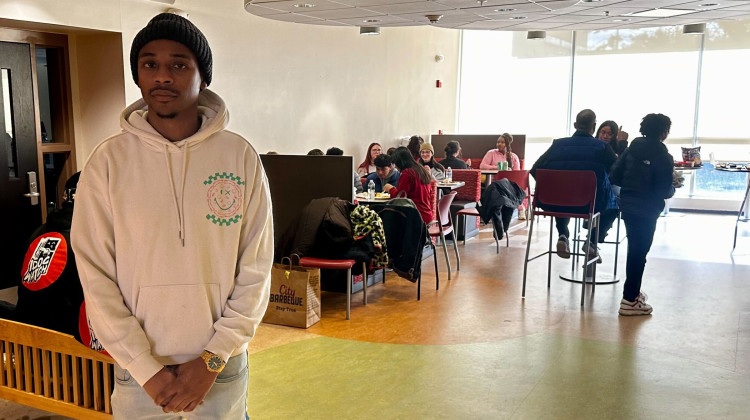
A report from the ACLU report found 1.7 million students in schools have law enforcement officers, but don’t have school counselors. In Indiana the student to counselor ratio is 486 to 1.
PixabaySchool districts across the country, and some in Indiana, are changing how police interact with students in wake of last summer's social justice protests. A virtual conversation Tuesday evening organized by local groups focused on the role of police in K-12 schools.
This comes as the Indianapolis Public Schools district reviews policies for their school resource officers (SROs) to determine if they’re equitable and the local chapter of Stand For Children is calling on the district to change discipline policies.
The online event included a panel discussion between local student advocates, a parent and a national expert. During the discussion, panelists said schools should have more social workers or peer to peer mentors instead of SROs.
Meredith Anderson is the director of K-12 research at the Frederick D. Patterson Research Institute with the United Negro College Fund. She said an ACLU report found 1.7 million students in schools have law enforcement officers, but don’t have school counselors. In Indiana, she said the student to counselor ratio is 486 to 1.
Anderson wants to find ways to better support students and school staff without calling SROs.
“We know that some schools are notorious for calling SROs into the classroom,” said Anderson. “So how can we further understand what are some of these trends. What are the schools that are consistently calling SROs and why? And how can educators be more empowered to deal with discipline issues effectively without having to consistently call law enforcement into the classroom?”
In Indiana, special education students and Black students are arrested at higher rates than their peers.
Ronnelle Collins, a 16-year-old VOICES mentee, said schools should work more to help Black students, as well as hire teachers who are willing to build bonds with students.
Others agreed. Jasmine Tucker, a VOICES youth leader, said she wants to see teachers build better relationships with students and their families.
“If these teachers are contacting these parents every time a child is doing something negative, that kinda breaks the bond,” said Tucker.
But if schools are going to continue to have SROs, Tucker said students should have a better relationship with officers at a younger age. That could lead to better relationships as students grow older.
“The times that we have seen the police come in contact with someone of our color would be [when we’re] in a horrible state -- whether it was their father, their friend of the family, someone in the community,” said Tucker.
“We should start at a younger age. Not when we get in middle school, not when we get to high school and already have our mind frame wrapped around officers brutalizing African Americans, Latinos [and] minorities.”
Anderson said parents should ask these questions about their schools about SROs:
- What do restraints look like in schools and the district?
- How are restraint and seclusion policies being implemented?
- How many officers are at the school?
- What is the ratio of officers to students compared to other schools?
This was the first of two virtual discussions about the topic hosted by The United Negro College Fund, The Mind Trust and Stand For Children. Another panel is expected this year.
Contact WFYI education reporter Elizabeth Gabriel at egabriel@wfyi.org. Follow on Twitter: @_elizabethgabs.
 DONATE
DONATE








 Support WFYI. We can't do it without you.
Support WFYI. We can't do it without you.